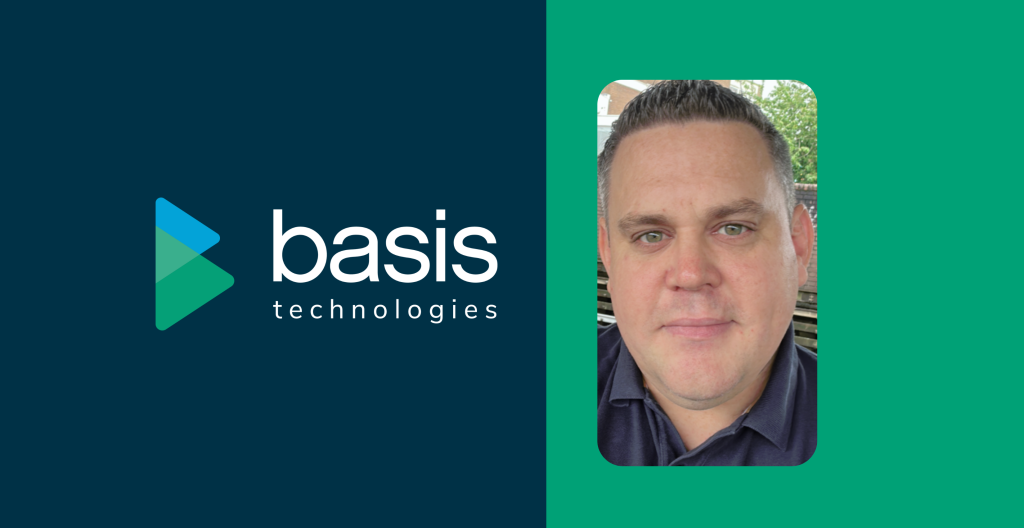Jon Brewer has been connecting SAP professionals with companies for the past 28 years. Since 1996, he has placed around 1500 people, from end users to system integrators, in organizations across a variety of industries in Europe, the Americas, and Asia Pacific. In that time, the SAP world has changed significantly, but the most volatile period could be just around the corner with a perfect storm of ECC deadlines and shrinking talent.

Q: How has 2024 started off in the SAP talent market?
A: It’s been a strange Q1 to be honest. A lot of companies are window shopping among a fairly large pool of candidates, but extensive hiring processes and a lack of urgency over some large upcoming projects are holding back the market.
They know that they’re going to need more talent in the medium term as various SAP deadlines approach, but I think the implications of inaction haven’t sunk in just yet. This won’t last much longer.
Q: What kind of hiring pressures are you expecting?
A: The S/4HANA uptake has been a lot slower than SAP was expecting. I think Gartner are claiming that out of the 35,000 ECC customers, only 14% are live on S/4 with another 7% underway. If you look at the fact that anyone on ECC EHP5 or below will be losing support at the end of 2025, and that a migration takes roughly 18 months to 2 years to complete, a lot of companies are running out of time.
I expect that around Q3 or Q4 this year, the market is going to look very different. We’ll see a massive downturn in the availability of resources as these companies panic and realize they don’t have the internal expertise needed to pull off their transformations to S/4HANA. This is going to peak between 2025 and 2026.
If Gartner’s estimates are right and there are about 27,000 companies all needing to migrate from ECC in a very short window, the supply and demand in the market is going to flip completely. Many ECC systems are heavily bespoke, and they need an expert hand. There are only so many of those to go around.
Q: Do you think these companies will delay their migration due to a lack of available talent?
A: It’s definitely going to be a difficult decision. Anyone on ECC EHP6 and above has a little bit longer up to 2027, and maintenance can be extended to 2030 for an additional uptick in costs and license fees. It might not make financial sense to delay in the long run.
You also have to remember that there are real business benefits of moving to S/4HANA. If you’re a company on the FTSE 100 or S&P 500, you’re not going to sit back and watch your competitors claw out market share because they’re able to move faster than you.
Ultimately, I do believe that improving your ability to attract the right talent for your migration and other upcoming SAP projects is the smarter decision.
Q: What are the major triggers that cause businesses to seek out SAP talent?
A: Starting a new transformation project, like S/4HANA, as we’ve discussed is definitely a big one. It also happens when companies need to upskill on moving from on-prem SAP systems to the cloud.
But unfortunately, I also regularly get contacted after an SAP failure has damaged the business. A few years ago, one manufacturer came to me with a significant request for several roles after their systems had gone down.
They didn’t know where their stock was. They didn’t know where their lorries were. It had been a huge cost to the business, and it shows how valuable it is to stay ahead of the curve and be proactive with your systems rather than reactive.
Q: Why won’t new talent grow to meet this increase in demand?
A: I’ve been working in this space for almost 30 years, and it really does feel like the best-of-the-best are retiring. This is concerning because there’s very little investment in training up younger talent to replace those lost skills.
This isn’t the same in every country, which led to a rise in outsourcing SAP talent about 15 years ago. That might rise again to help address the skills gap, but only time will tell.
There’s also the impact of AI that can’t be ignored in any industry, but I think we’re many years away from where that will significantly influence the SAP recruitment market.
Q: What’s your advice for any companies that want to make sure they’re attracting the right talent in the months ahead?
A: If demand for talent is going to skyrocket in the next 12 months, while a significant portion of that talent pool is exiting the workforce into retirement, then it’s going to get competitive. You have to offer a better candidate experience than the alternatives.
I regularly find out late into the recruitment process that the budget for the role hasn’t even been fully signed off yet. I’ve also been through countless hiring processes where each interview stage is spaced out over weeks. You can maybe get away with this in the current market. It’s not going to cut it when demand jumps later this year.
You need your ducks in a row before you start interviewing. The budget needs to be signed off, the specifics of the role (reporting, team size, etc.) need to be ironed out, and the interviews all need to happen in a few days, not a few weeks. If you can’t do this, someone else will. And you’re going to need the right talent to tackle the next few years of SAP transformations.








